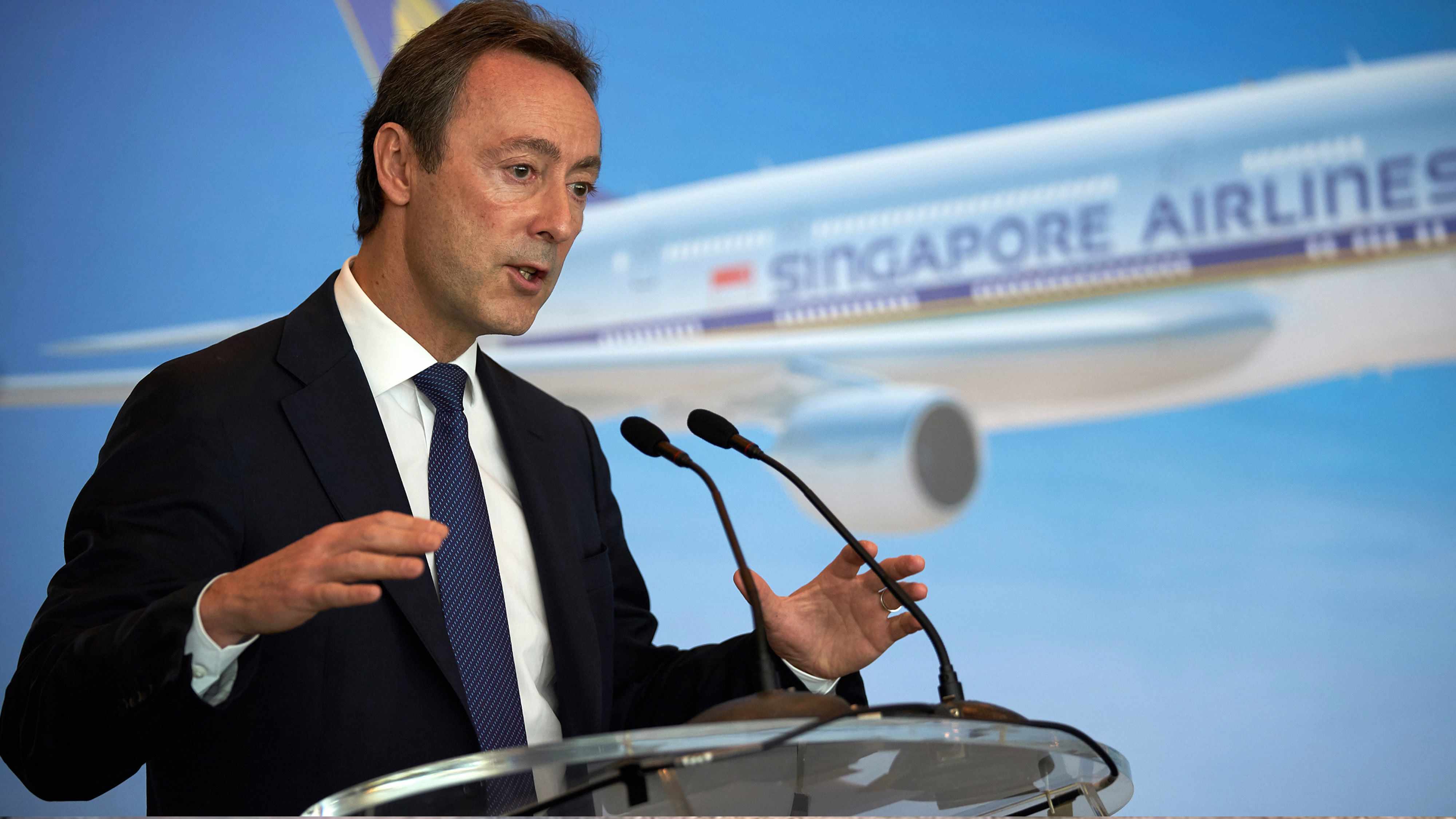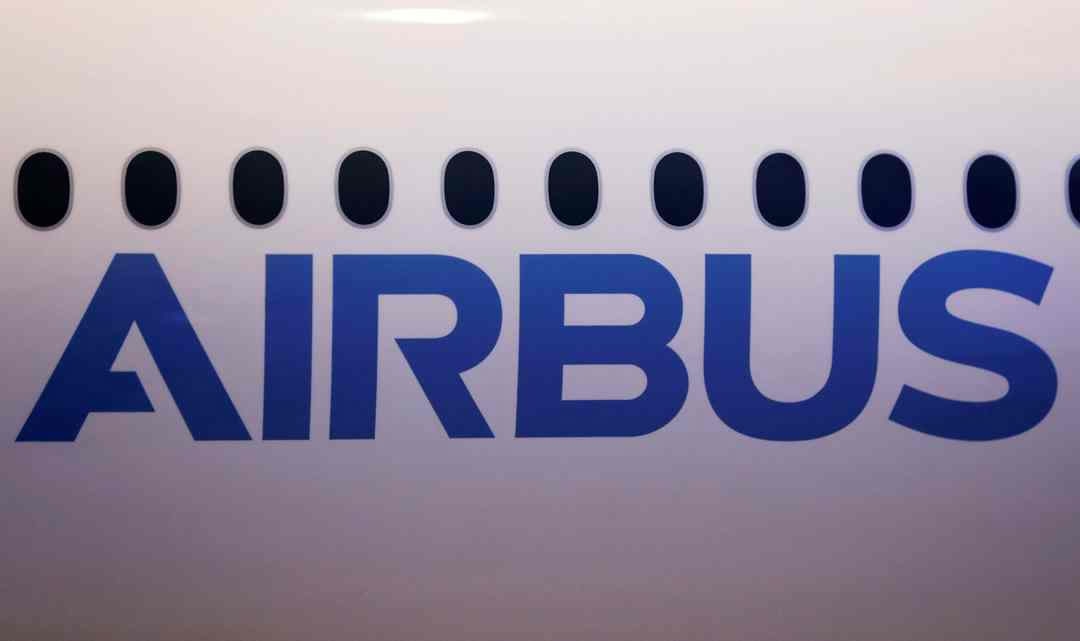
Business
08:19, 11-Jan-2018
Airbus expects enhanced cooperation with China
By CGTN’s Zou Yun

French president Emmanuel Macron has brought with him a delegation of executives from more than 50 French companies, one of which is Airbus. The world’s leading plane-maker was involved in the signing of a Memorandum of Understanding with China's top economic planner, National Development and Reform Commission (NDRC).
On the same day, Airbus and its Chinese partners have also signed a framework agreement on ramping-up its A320 production rate at its Final Assembly Line in Tianjin to six aircraft per month.
Fabrice Bregier, Chief Operating Officer and president of Commercial Aircraft at Airbus said this is a huge success of cooperation between Airbus and Chinese aviation industry.
“We knew that China would become the biggest market for air transportation, and we decided to investment, and we are the first one to move in what I would call strategic investment and high-tech investment. Many people were sceptical at that time, and we made it work perfectly well.”

VCG Photo
VCG Photo
Airbus’ industrial footprint in China dates back to 1985, when the first product sub-contracting agreement was signed with Xi’an Aircraft Company. The total value of industrial cooperation between Airbus and Chinese aviation industry in 2017 reaches nearly 600 million US dollars.
Bregier told CGTN that despite the already extensive base of cooperation, he’s more than confident about the future outlook.
In recent years, a couple of China’s self-developed big aircraft have completed their maiden flights. Bregier said for a fast growing country like China, it’s normal to develop their own space industry. He added that Airbus is willing to cooperate with China, while also competing with high-quality aircraft.
When asked about whether he sees Chinese domestically-produced large passenger aircraft as a strong competitor to Airbus, Bregier said this will happen, but will take time.
“We will see them as strong competitors in a few years; probably it will take another 5-10 years, who knows. But you need to go through many experiences that include building your network, reaching a level of quality, safety and maintenance that are expected by international airlines.
"Definitely it will be a strong competitor. We are not afraid of that. What is important is that we know competition between Boeing and Airbus is very tough, and we welcome additional players.”

SITEMAP
Copyright © 2018 CGTN. Beijing ICP prepared NO.16065310-3
Copyright © 2018 CGTN. Beijing ICP prepared NO.16065310-3